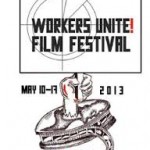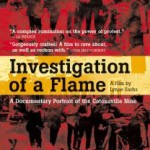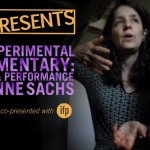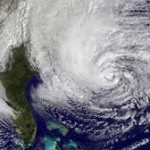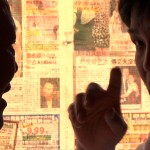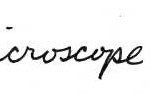Shifting Lives: Photographing the Immigrant Experience in Chinatown
A couple of years ago, when I was just beginning the work on my most recent film Your Day is My Night, I happened to notice an astonishing photo essay by Annie Ling in the New York Times. Annie had spent a year taking a series of exquisite photographs of a group of residents living at 81 Bowery Street in Chinatown. It became clear to me that the work she was doing corresponded on multiple levels with my own film project on the shift-bed houses of Chinatown. I decided to contact Annie so we could talk about our shared interests.

